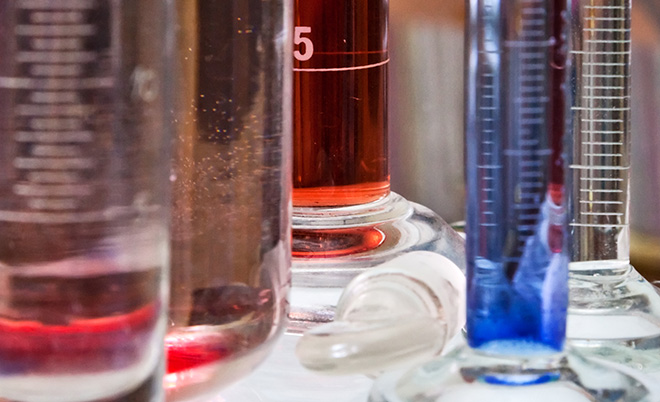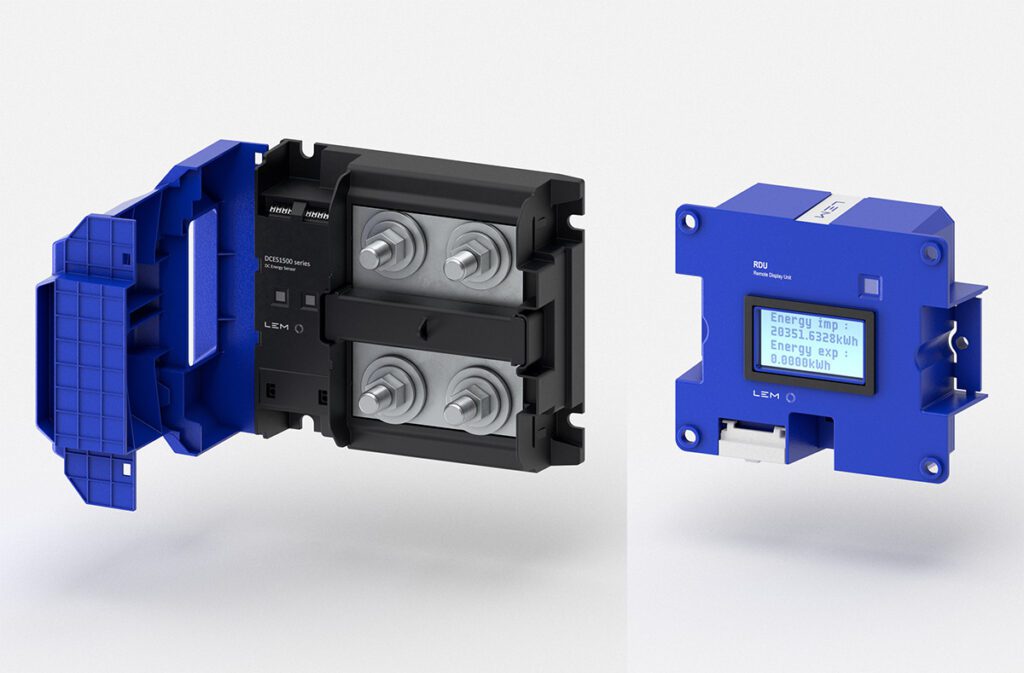Researchers at Argonne National Laboratory have synthesized a new class of fluorinated sulfone electrolytes to enable high-voltage, high-energy Li-ion batteries.
In “Oxidatively Stable Fluorinated Sulfone Electrolytes for 5-V Lithium-ion Battery,” published in the RSC journal Energy & Environmental Science, Chi-Cheung Su and colleagues explain how they evaluated the physical and electrochemical properties of the new sulfone-based electrolytes in a high-voltage cell cycled at 4.6 V.
In a quest to increase the gravimetric energy density of battery cells, researchers are vigorously pursuing new cathode materials. Another strategy is to increase the operating voltage over 5 volts. However, to take full advantage of new high-voltage, high-energy cathode materials, novel electrolytes with high oxidation stability would be required.
To create this new class of electrolytes, the team synthesized trifluoromethyl ethyl sulfone (FMES) and trifluoromethyl propyl sulfone (FMPS), which exhibit properties such as reduced viscosity, enhanced wetting and decreased boiling point compared with their non-fluorinated counterparts EMS and MIS.
“This study offers a breakthrough technology for the high-voltage, high-energy lithium-ion battery field,” write Su and colleagues. “Trifluoromethyl-substituted fluorinated sulfones proved to be a promising next-generation electrolyte, as evidenced by the long-term cycling performance in an NMC532/graphite cell cycled at 4.6 V. Our future research will be focused on further tailoring the graphite/electrolyte interface by appropriate additives or co-solvent and scrutinizing the mechanism of the superior cell performance at high voltages.”
SEE ALSO: A closer look at electrolytes in advanced batteries
Source: Green Car Congress




















































































